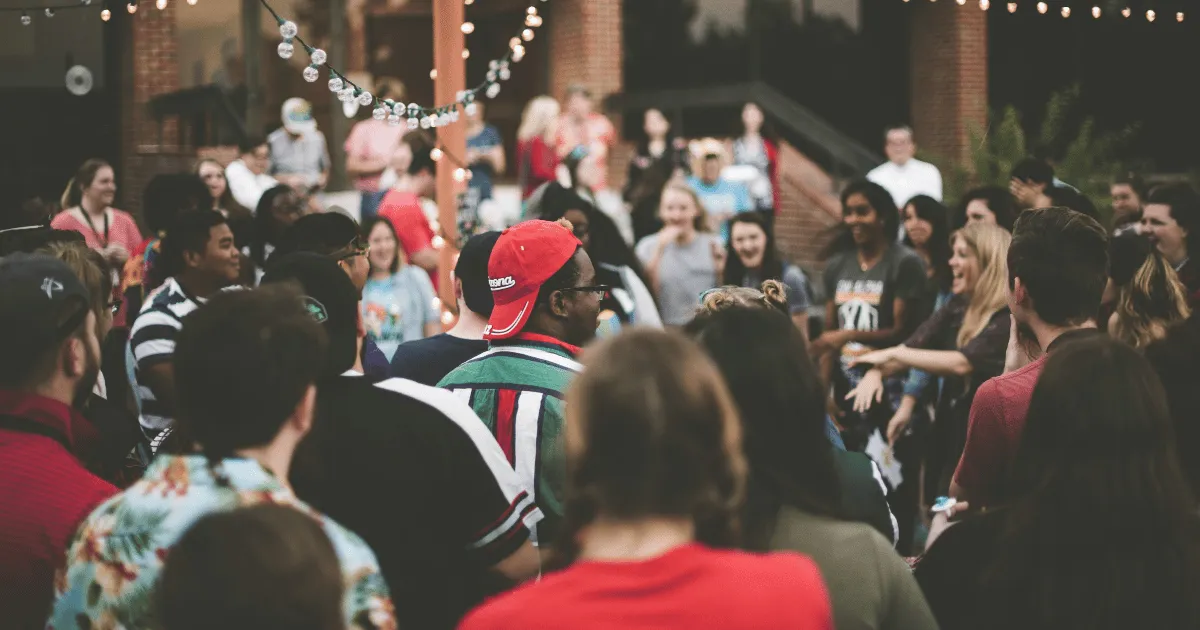
Earlier this summer a group of chefs, restaurant workers and industry experts gathered one morning at Maypop in downtown New Orleans to discuss the topic on everyone's mind. It was July 24, and a little more than a month had passed since celebrated chef and globetrotting television host Anthony Bourdain committed suicide at age 61.
The adrenaline and drug-fueled kitchen culture depicted in Bourdain's celebrated culinary manifesto "Kitchen Confidential" may have come as a surprise for some outside the hospitality world, but those in the field knew well that the industry was — and still is — grappling with how to handle issues of substance abuse, mental health and addiction.
For chef Alex Harrell, rock bottom came in the form of a 36-hour drinking bender.
Then a 30-year-old chef at Ralph's on the Park, Harrell knew he had a drinking problem, and the catalyst could have been anything, he said. Following an argument with his wife, a day off of work spent drinking continued into the next day and a half. Harrell never showed up for his restaurant shift.
"That was it for me — that was (the) wake-up call," he said.
After apologizing to his employer and explaining his situation, Harrell checked into a 28-day outpatient rehabilitation program through St. Vincent de Paul that allowed him to attend counseling sessions in the morning before going to work at the restaurant each night. His bosses at the time encouraged him and allowed him the flexible schedule that made his treatment possible.
Harrell has been sober for 14 years, during which he opened the celebrated French Quarter restaurant Angeline and now runs the kitchen at The Elysian Bar in the Hotel Peter & Paul in the Faubourg Marigny. He's never relapsed and has become a mentor to others who struggle with similar issues.
"If you have issues and you want to continue in this business, you certainly can," Harrell said. "I want people to understand that it doesn't have to be part of a professional kitchen. If you want to continue pursuing a career in hospitality, it doesn't have to include alcohol."
At the July meeting, everyone agreed the time had come to create healthier kitchens.
The event was part of a Fair Kitchens (www.fairkitchens.com) initiative moderated by food writer and healthy kitchens advocate Kat Kinsman, founder of Chefs with Issues. The objective was to spark a conversation with local chefs about how to shift kitchen culture from something that's often regarded as grueling and toxic to a field that could be healthy and sustainable.
2018 has been a year of reckoning for the restaurant world: The shock following Bourdain's death and the repercussions of the #MeToo movement have led some chefs and restaurant owners to consider how to create healthier and more sustainable work environments for their employees. It's particularly important in New Orleans, where an estimated 89,000 people work in the hospitality field.
At last year's Tales of the Cocktail convention, for instance, no alcohol was served at the opening party, and a new range of programming included topics of personal well-being: NARCAN training for opioid overdoses, yoga classes and Alcoholics Anonymous meetings. Chefs like Maypop's Michael Gulotta and Willa Jean's Kelly Fields have joined the Fair Kitchens movement and have been vocal advocates for the creation of healthier work environments in their own kitchens. Hospitality workers are getting involved in the movement by hosting sober networking events and creating private groups on social networking sites where members can discuss sensitive topics in a safe and confidential space without stigmatization. Meanwhile, labor organizing efforts among the city's service industry, from groups like the New Orleans Hospitality Workers Committee, are demanding better wages and health care.
"I worked places where they sent beers back to the kitchen every hour," said Tenney Flynn, chef and co-owner of French Quarter seafood restaurant GW Fins. "If the owners, the chef (and) the managers drink and do drugs (during work), it's carte blanche for everybody else."
Like Harrell, Flynn said getting sober 37 years ago was a life-saving decision. At the time he was drinking "25 to 40 beers a day" and going through 5 or 6 grams of cocaine a week.
"I couldn't get away with my shit anymore," he said. "If I hadn't gotten sober, I would have been long dead. It all revolves around that."
Though Flynn maintains a strict no-alcohol policy for his staff at the restaurant, he concedes many still struggle with addiction in the business, which he said may attract people with a predisposition to substance abuse.
"There are not that many jobs where you can work an eight-hour shift and get away with having five or six drinks," he said. "If you're a bartender, at least for a while, you can do that."
Dr. Arwen Podesta, a psychiatrist who specializes in treating addictions, sees many clients from the hospitality sector and said there may be biological traits connecting those who seek work in the profession and those who are genetically prone to develop substance abuse and struggle with mental health issues.
"There are a lot of high-risk takers that are overachievers — chefs and restaurant owners and front-of-the-house (employees)," Podesta said. "That in and of itself seems to have probably some biological linkage to a risk for substance disorders. Just the character of someone who comes into the restaurant industry … by virtue of having that character, you may have some biological factors that put you at risk."
Read the entire story featuring grantee New Orleans Hospitality Workers' Committee.


